Keywords: Stories
There are more than 200 results, only the first 200 are displayed here.
-

ARTS AND CULTURE
- Gillian Bouras
- 02 September 2022
1 Comment
Australian cultural icon and erstwhile publisher Hilary McPhee calls Telltale ‘a rare thing, an ingenious memoir,’ and she is right. It is interesting and reassuring to note that books about reading and recollections of reading habits seem to be proliferating. Perhaps such writing is a defence measure against worrying developments like universities in England, for example, axing their English Literature courses.
READ MORE 
-

INTERNATIONAL
- David Halliday, Beth Doherty, Tim Dunlop, Matthew Howard
- 26 August 2022
When former Facebook employee Frances Haugen released a trove of documents revealing internal research on the negative effects its social media products were having on mental health, the darker side of social media became hard to ignore. So how might the harmful effects of social media be mitigated into a social benefit for a saner, more coherent society?
READ MORE 
-
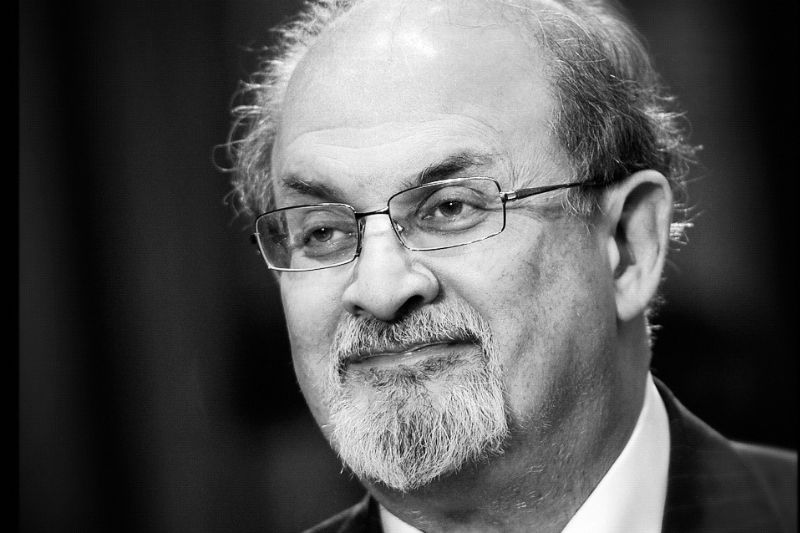
ARTS AND CULTURE
- Michael McGirr
- 25 August 2022
4 Comments
Salman Rushdie is a writer with a most defiant sense of humour. If you want to get to know him, I wouldn’t start with The Satanic Verses (1988), the book that has brought him so much grief. Thirty three years after Ayatollah Khomeni imposed a fatwa on the author, it would seem to have led, on August 12, to a young man called Hadi Matar making an attempt on Rushdie’s life at a public event in New York.
READ MORE 
-
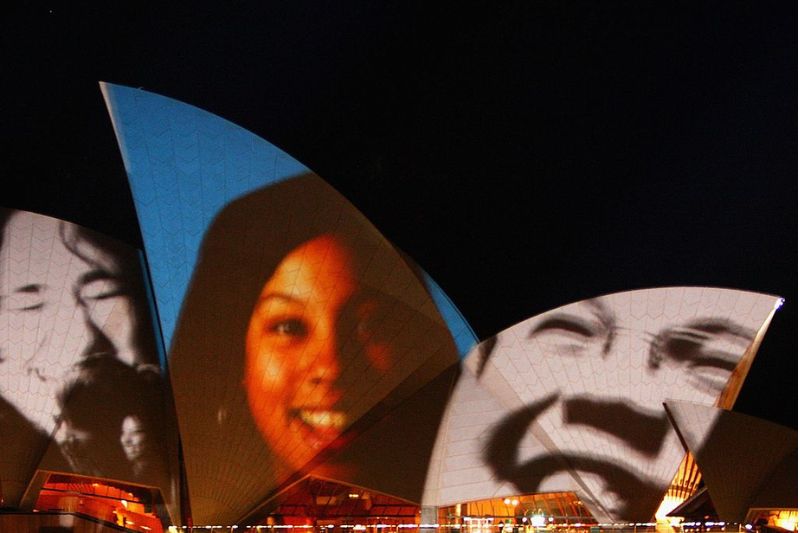
AUSTRALIA
- Andrew Hamilton
- 17 August 2022
4 Comments
Few Australians of Irish descent will now be familiar with this history and the experience that accompanied it. They would see themselves as simply Australian. But the emphasis on social justice, the recognition of the value of community, and the concern for people who are marginal that are communicated through Catholic schools and the sympathy with the underdog owe much to the Irish heritage.
READ MORE 
-
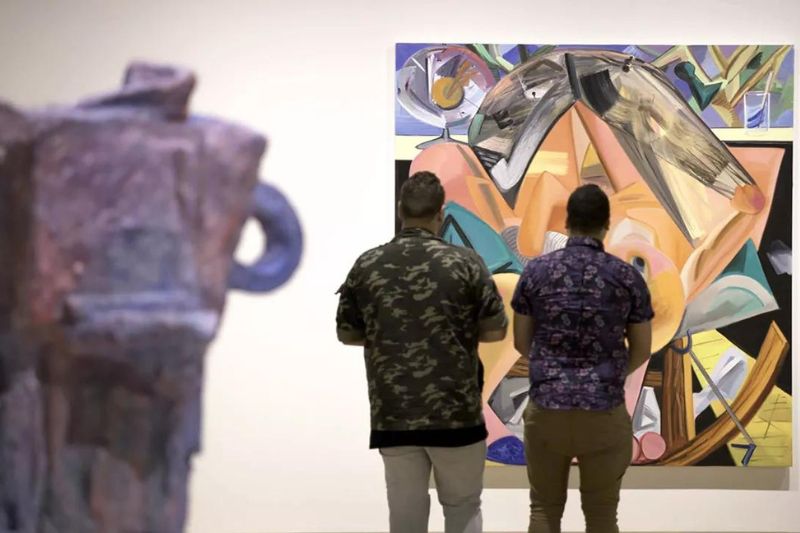
ARTS AND CULTURE
- Juliette Hughes
- 16 August 2022
1 Comment
Five years ago, the beloved and I were in a reality show called Everyone’s a Critic. The show took us all to art galleries, mostly in Melbourne and Sydney, plonked us in front of some artworks, asking us to say what we thought of them. I realised TV norms being what they are, that we could have a ten-minute conversation about artists with whom we were familiar and all that would make it onto the program would be ten seconds of me mentioning my mum.
READ MORE 
-

ARTS AND CULTURE
- Gillian Bouras
- 10 August 2022
5 Comments
It is often said that it takes a village to raise a child. It also takes interested and supportive people to encourage athletic talent. A recent documentary on the world's most successful male distance runner Sir Mo Farah raises questions around how host countries know about waste of talent and opportunity when they routinely deport asylum seekers or lock them up?
READ MORE 
-
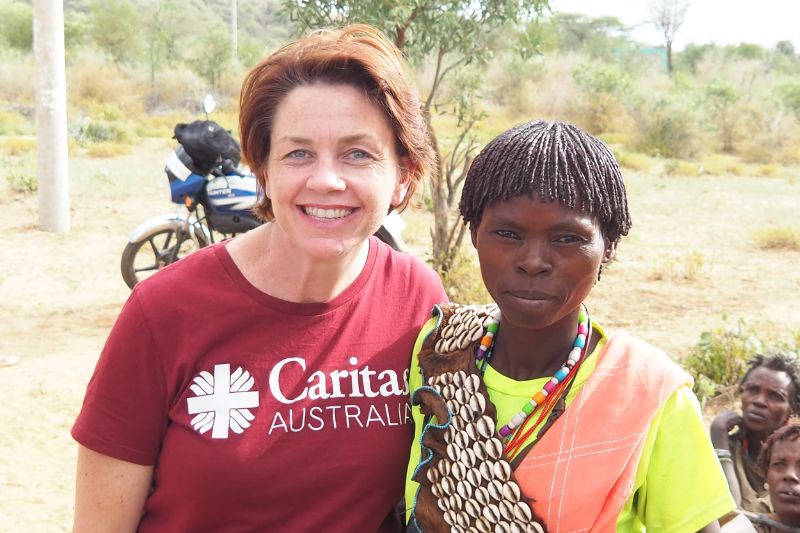
INTERNATIONAL
- Kirsty Robertson
- 10 August 2022
2 Comments
Last month I travelled to Ethiopia, visiting an IDP (Internally Displaced Persons) camp filled with thousands of people facing a hunger crisis. The triple threats of conflict, COVID and climate have created the perfect storm, with serious impacts on countries that depend heavily on grain, fuel and fertiliser imports from Russia or Ukraine, including Yemen, Somalia, Ethiopia and Sudan.
READ MORE 
-
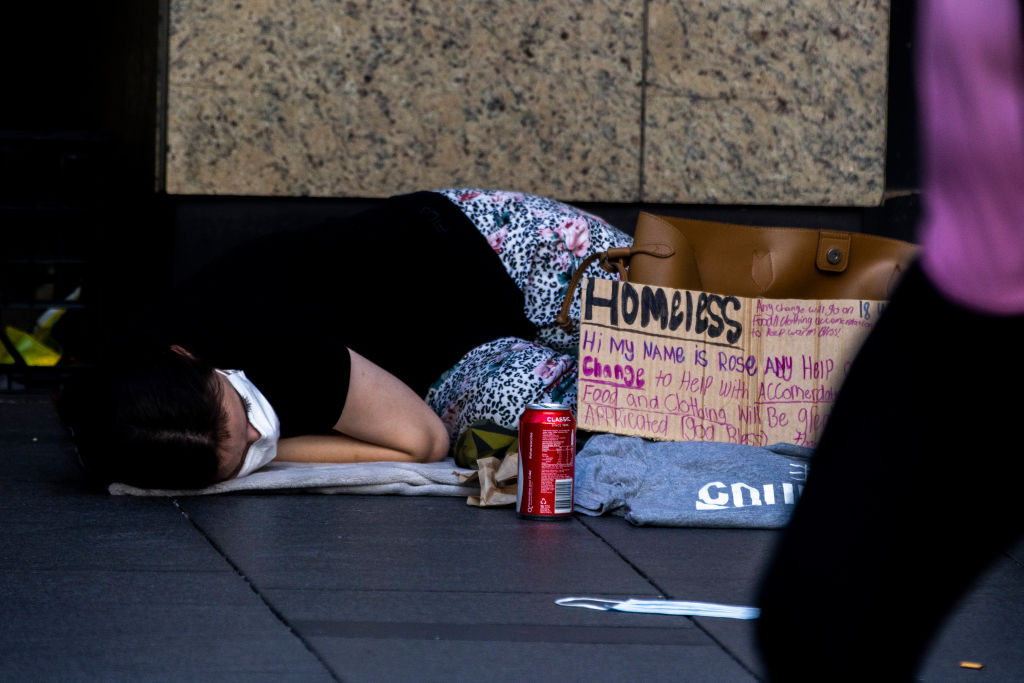
AUSTRALIA
- Andrew Hamilton
- 04 August 2022
8 Comments
It is easy to view homelessness from a distance as only a failure of economic policy and of the political responsibility to deliver material goods. A home, however, is more than a house. It connotes connections that are central to humanity. Left without a home people are deprived of more than bricks and mortar; they are diminished in their humanity.
READ MORE 
-
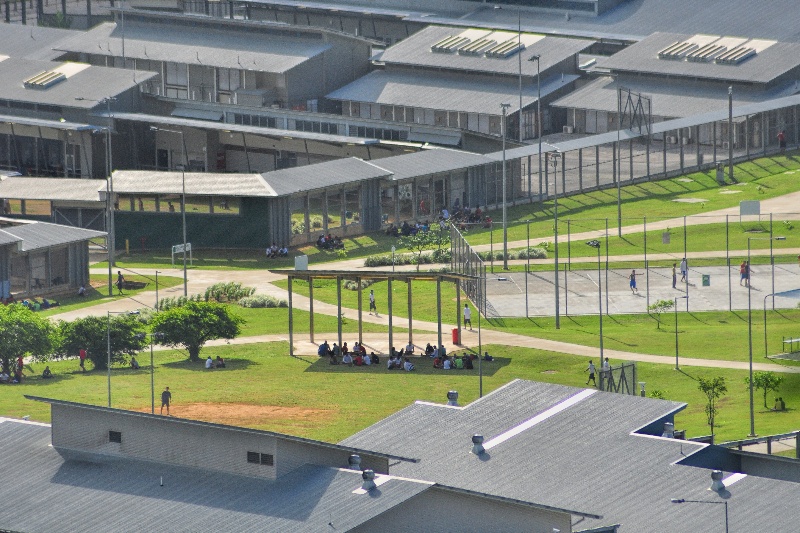
AUSTRALIA
- Maeve Elrington
- 02 August 2022
3 Comments
Former detainee, Kurdish-Iranian refugee Mostafa ‘Moz’ Azimitabar, seeks compensation from the Federal Government for what he alleges was unlawful detention. Detained offshore in Papua New Guinea (PNG) and in Australia for almost eight years, Moz is seeking compensation in the Federal Court of Australia for the physical and emotional toll of his detention, particularly from the final 14 months of detention in two Melbourne based hotels.
READ MORE 
-
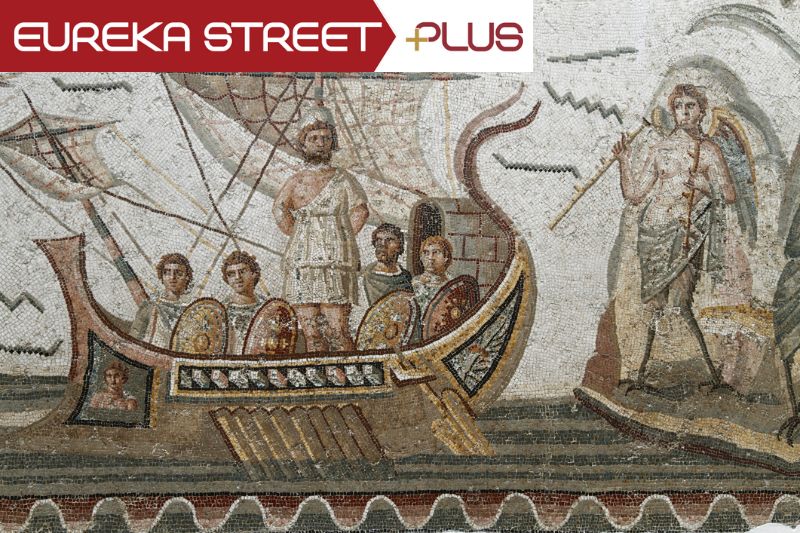
ARTS AND CULTURE
- Gillian Bouras
- 29 July 2022
1 Comment
Daniel Mendelsohn lectures in classics at Bard College, a liberal arts institution in New York State. His retired father, aged 81 in 2011, regrets gaps in his own education, and asks to sit in on his son’s course of seminars on Homer’s The Odyssey. Professor Mendelsohn agrees, and Jay Mendelsohn joins a class of 18-19 year-olds. Later, father and son go on a cruise that retraces The Odyssey where they discover: is home a physical place, or something you carry around with you or within you?
READ MORE 
-

AUSTRALIA
- Melinda Tankard Reist
- 20 July 2022
1 Comment
Exposure to pornography has been linked to an increase in in sexually aggressive behaviour and adolescent dating violence. This mass, industrial-level grooming of our young is causing lasting damage to their social and sexual development and leading to even more women and girls being viewed as less human.
READ MORE 
-
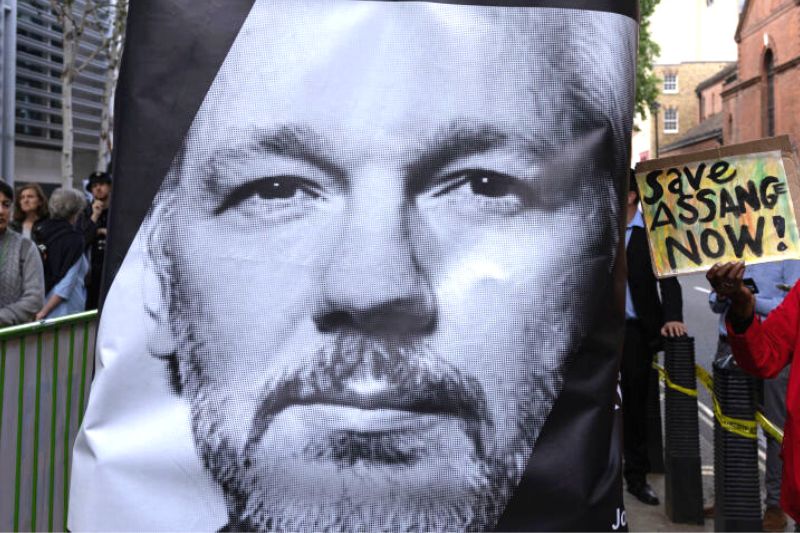
INTERNATIONAL
- Binoy Kampmark
- 19 July 2022
3 Comments
The only shock about the UK Home Secretary’s decision regarding the extradition of Julian Assange was that it did not come sooner. In April, Chief Magistrate Senior District Judge Paul Goldspring expressed the solemn view that he was ‘duty-bound’ to send the case to Priti Patel to decide on whether to extradite the WikiLeaks founder to the United States to face 18 charges, 17 grafted from the US Espionage Act of 1917, and one based on computer intrusion.
READ MORE 